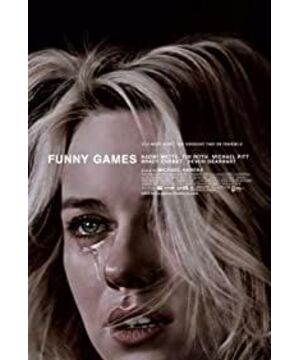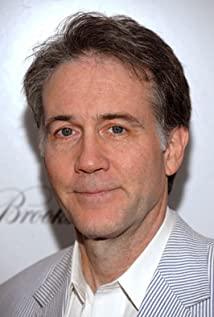However, the power of this movie lies not in what it "says", but in a more essential thing that does not need to be explained by words, that is, feeling. This movie is actually a game (not a metaphor, but a fact), a game where you can lose as long as you participate. The way to participate is to invest in emotions. The director made this game with great precision. It is accurate to the point where you can reach the level of emotion that the director wants you to achieve with each stage of the game, and everything is under his control. And every time the mob provokes the camera, the director is tempting you to continue playing. In the process of playing, the audience always thinks that they will win and the protagonist will win. "Children will never die", "Women will never die", "There is a foreshadowing here, and they will always fight back in the end", "How can it be possible? Evil is overwhelming," "How can a movie be made like this". However, it wasn't until the end of the credits appeared that I knew I really lost.
At this point, I really fell in love with him. After this game, I was very angry and aggrieved, like being pushed my head into the toilet water. I have to admit, the director, you won, and you won the hearts of the people.
I think of what David Lynch said, and I very much agree with a sentence: "Movies should have their own reasons, and do not need to be interpreted by words." "Happy Heart" is a film that does not need to be interpreted by words and has its own reasons.
In addition, "Happy Heart" is a wonderful translation. If it is not a coincidence, the translator has a very thorough understanding of
the film and transferred it from the German version of the film (the VC was reproduced as "Horror Game", and the American version was remade by the director himself) comment:
Most of us have seen all kinds of horror movies and know a lot about the laws of horror movies, but the German horror movie "FUNNY GAMES" seems to be shot to subvert these laws.
At the beginning of the film, just like the beginning of our common movies, a happy family of three goes to a villa for vacation. The father and young son are rigging their sailboats by the river, and the housewife is busy cooking in the kitchen. At this time, one looks cute. The fat-faced young man next door came to borrow eggs. He was gentle, and he and his accomplices maintained this gentleness throughout the movie. After the phone touched the water, they still very politely insisted on borrowing eggs.
This is their conspiracy and part of their entertainment. At the same time, the director seems to have become their accomplice, patiently making the hostess slowly become impatient until she becomes angry. After their father appeared on the stage, they also smiled and angered. And violently smashed his knee with a golf club.
This poor family of three, the male owner with a broken leg, and his son Zog have become helpless hostages. They were treated as the game objects of the thugs and were subjected to wanton tricks. On the sofa in the living room, the two thugs continued to gently fight. The family chatting was as friendly as a friend's visit. They proposed to make a bet that all three of the family would be killed in 12 hours. And one of the thugs turned their heads to the camera and directly asked the audience: "Which side do you think will win? You must be on their side, right?" We know that in real life, most of them are similar. In news reports of violent incidents, it is not like in Hollywood movies that the victimized protagonist will never give up, and in the end there will always be a heroic escape. The thugs will succeed, just like in this movie, a family of three is brutally killed one by one. At the end, two perpetrators excitedly enter the door of the next victim family. The director is very clear about the audience’s reaction in the process of watching the film, what kind of influence the audience has been, and what expectations the audience will have. In an hour and a half, they are skilled and premeditated to torment everyone who watches the movie. Just as two thugs wantonly humiliated and tortured the poor family all night.
In the movie, the director is obviously on the side of the perpetrator. "Entertainment is very important." They are not killing immediately, but playing cat and mouse games, while constantly creating opportunities for the three victims to escape and counterattack. On the one hand, they stifled all opportunities in an orderly manner until the mob succeeded. In the last counterattack, the hostess took advantage of them and took the gun to kill the fat-faced young man comfortably. The scene that followed was quite funny. Another thug jumped up and shouted "NO, NO!" He was crazy. Picking up the remote control on the table, the plot was about to be reversed, and while the hostess reached for the gun, he effectively stopped her in time.
It is believed that almost all people will be terrified after watching this movie and will have great unhappiness. The remote control plot reveals another allusion to the identity of a "thug", that is, the audience. The director complacently played their funny games, and directly asked them after raping the audience. Is this what you want? Who caused the flood of violence in images? Is it your voyeuristic and sensory needs, or...
View more about Funny Games reviews











